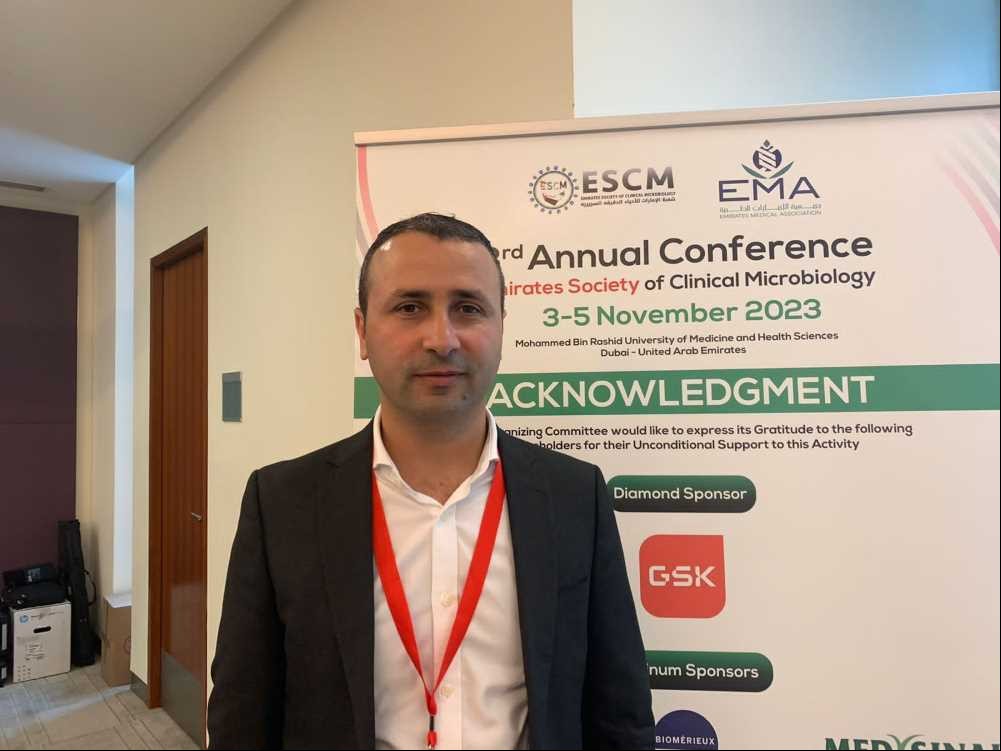Urgent
Aldar, Mubadala complete joint venture to establish AED10 billion retail champion in Abu Dhabi
 lDubai Residentia REIT delivers AED1.28 billion in net profit during 2025
lDubai Residentia REIT delivers AED1.28 billion in net profit during 2025
 UAE’s First Robotic SEEG Procedure Performed at Cleveland Clinic Abu Dhabi
UAE’s First Robotic SEEG Procedure Performed at Cleveland Clinic Abu Dhabi
 UAE-Vietnam Comprehensive Economic Partnership Agreement enters into force
UAE-Vietnam Comprehensive Economic Partnership Agreement enters into force
 UAE joins preparatory meetings for Ministerial Session of Economic and Social Council of Arab League
UAE joins preparatory meetings for Ministerial Session of Economic and Social Council of Arab League
 UAE participates in 21st International LNG Conference and Exhibition in Qatar
UAE participates in 21st International LNG Conference and Exhibition in Qatar
 World Governments Summit 2026 opens with record global participation
World Governments Summit 2026 opens with record global participation
 NMDC Energy reports AED18.7 billion revenues in 2025
NMDC Energy reports AED18.7 billion revenues in 2025

 lDubai Residentia REIT delivers AED1.28 billion in net profit during 2025
lDubai Residentia REIT delivers AED1.28 billion in net profit during 2025
 UAE’s First Robotic SEEG Procedure Performed at Cleveland Clinic Abu Dhabi
UAE’s First Robotic SEEG Procedure Performed at Cleveland Clinic Abu Dhabi
 UAE-Vietnam Comprehensive Economic Partnership Agreement enters into force
UAE-Vietnam Comprehensive Economic Partnership Agreement enters into force
 UAE joins preparatory meetings for Ministerial Session of Economic and Social Council of Arab League
UAE joins preparatory meetings for Ministerial Session of Economic and Social Council of Arab League
 UAE participates in 21st International LNG Conference and Exhibition in Qatar
UAE participates in 21st International LNG Conference and Exhibition in Qatar
 World Governments Summit 2026 opens with record global participation
World Governments Summit 2026 opens with record global participation
 NMDC Energy reports AED18.7 billion revenues in 2025
NMDC Energy reports AED18.7 billion revenues in 2025











Comments